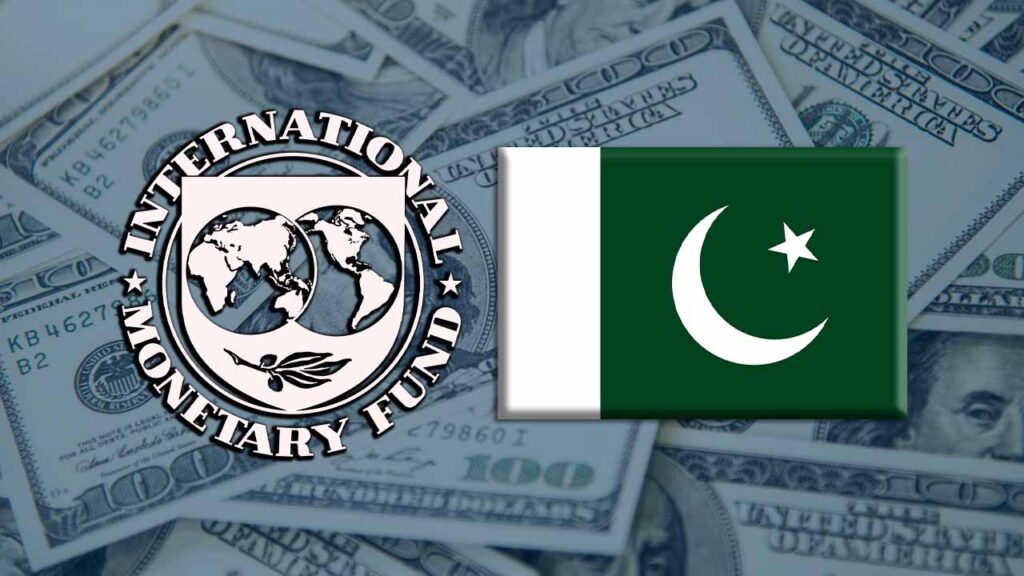- Web
- Feb 05, 2026
Pakistan nears larger, long-term IMF deal with structural reforms
-

- Web Desk
- Jul 01, 2024

WEB DESK: Finance Minister Muhammad Aurangzeb announced that the preliminary actions required for the International Monetary Fund (IMF) programme are largely complete, with several structural benchmarks also in progress. This development aims to secure a more extensive and long-term agreement with the IMF.
Aurangzeb, who previously served as CEO and president of HBL, made these remarks during an appearance on Aaj News’ programme, *News Insight*, hosted by Amir Zia. The episode was broadcast on Monday night.
When questioned about the specific structural benchmarks Pakistan must meet, the finance minister emphasised the necessity of improving the country’s tax-to-GDP ratio. “We need to increase it to 13 per cent and implement reforms in the power sector and state-owned enterprises. Additionally, we must digitise our taxation system,” he stated.
According to Business Recorder, Aurangzeb suggested that the upcoming IMF deal should be termed the “Pakistan programme,” highlighting its role in implementing crucial structural reforms to transform the national economy. “It should be called the ‘Pakistan programme,’ supported and funded by the IMF,” he reiterated.
He cautioned that without these structural reforms, the current economic situation could not be maintained. “The IMF programme is not an end in itself but a means to an end,” he said, pointing out that the present economic stability and growth indicators are undeniable.
“The stability of our currency and income growth are facts,” Aurangzeb noted, underscoring the importance of the new IMF initiative in achieving sustained stability. He added that while the deal’s size is significant, it is equally important to demonstrate to the international community that the IMF serves as a safety net. “The IMF’s stamp of approval is what counts,” he argued, explaining its importance for both domestic and international investors.
Aurangzeb outlined the government’s objective to finalise a staff-level agreement by the end of the month. When asked about the feasibility of expanding tax revenue by 40 per cent, he expressed confidence, stating that the government would achieve this through various enforcement measures and by addressing gaps in tax collection.
“We are moving towards end-to-end digitisation of the Federal Board of Revenue (FBR) and introducing more transparency into the system,” the minister concluded.
Read next: High returns drive foreign interest in Pakistani T-bills




